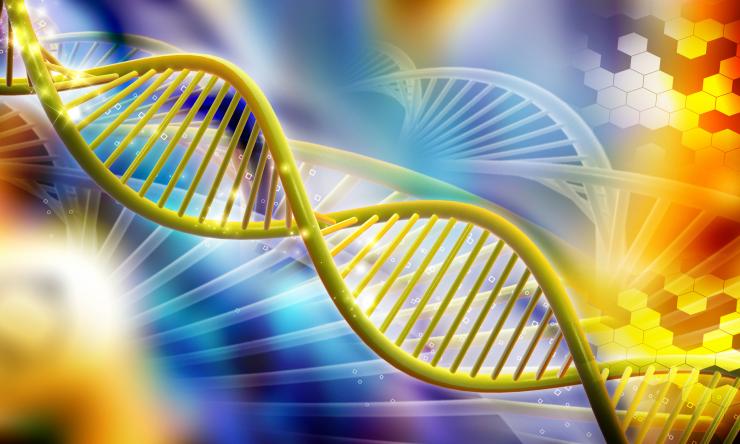
The Dan L Duncan Comprehensive Cancer Center at Baylor College of Medicine has grown and matured over the 12 years since its original designation as a Cancer Center by the National Cancer Institute, which was followed by an NCI Comprehensive Cancer Center designation in 2015. Our clinical operations have expanded with new faculty and programs, and we moved into our new clinical space on the McNair campus in January 2019. Our research portfolio has grown dramatically to more than $180 million in annual cancer relevant research funding today from less than $100 million in 2007. These amazing accomplishments were made possible by the transformational gift in 2006 from Dan L Duncan and his family, who we owe a great debt of gratitude, and by our outstanding faculty and staff.
Breast Center Program: Breast SPORE Renewal
For decades, BCM researchers worked to improve prevention, quality of life and survival for breast cancer patients with support from National Cancer Institute’s Specialized Programs of Research Excellence grant funding. The NCI renewed the SPORE program in breast cancer awarded to Baylor’s Lester and Sue Smith Breast Center for more than $11 million over five years.
Cell Signaling and Metabolism Program
The Pancreatic Cancer Action Network (PanCAN) has launched the $25 million Early Detection Initiative to determine what role imaging at the time of new-onset diabetes may play in the early detection of pancreatic cancer, and Baylor will be one of the sites for this research.
Cancer Prevention and Population Sciences Program: CPRIIT Grant
Dr. Aaron Thrift, assistant professor of the Department of Medicine, Section of Gastroenterology and Hepatology, received a $2.4 million CPRIT grant to study genetic epidemiology of hepatocellular carcinoma in the Hispanic population.

Mechanisms in Cancer Evolution Program: Damagenome
In a groundbreaking approach to sequencing DNA, researchers in the Mechanisms in Cancer Evolution Lab at the DLDCCC discovered most cancers are not caused by mutations. Rather, cancer tumors are more frequently caused by DNA Damage. In the research published in Science Advances, BCM researchers developed a single-cell whole-genome sequencing method.
Cancer Cell and Gene Therapy Program: Center for Cancer Neuroscience

A multidisciplinary group of leading Baylor scientists and physicians will create the world’s first Center for Cancer Neuroscience. Baylor researchers discovered that glioblastoma cells use the nervous system’s own neural network as a “highway” to other parts of the brain and hijack immune cells to hide from the body’s immune system. These unique discoveries spawned the field of cancer neuroscience. Leveraging expertise and scientific resources available only at Baylor College of Medicine, the team will work to uncover the causes and identify therapeutic targets leading to better treatments and preventive approaches for glioblastoma. With your support, the Center for Cancer Neuroscience will be a platform for groundbreaking research and discovery that will open the door to a healthier, glioblastoma-free tomorrow for patients around the world.

Philanthropy: Lights Out Cancer event raises more than $1 million for research
Baylor College of Medicine’s Lights Out Cancer event raised nearly $1.1 million to support cancer research at Baylor’s Dan L Duncan Comprehensive Cancer Center. The event welcomed 600 guests on Saturday, Feb. 8, to the Post Oak Hotel at Uptown Houston.
Mechanisms in Cancer Evolution Program: Damagenome
In a groundbreaking approach to sequencing DNA, a team of researchers led by a Mechanisms in Cancer Evolution lab at the Dan L Duncan Comprehensive Cancer Center discovered most cancers are not caused by mutations, as previously thought. Rather, disease and in particular cancer tumors are more frequently caused by DNA Damage. In the research published in Science Advances, Baylor College of Medicine researchers developed a single-cell whole-genome sequencing method.
2019 Annual Report
View highlights from the Dan L Duncan Comprehensive Cancer Center Annual Report below and download the full 2019 Annual Report (pdf).











